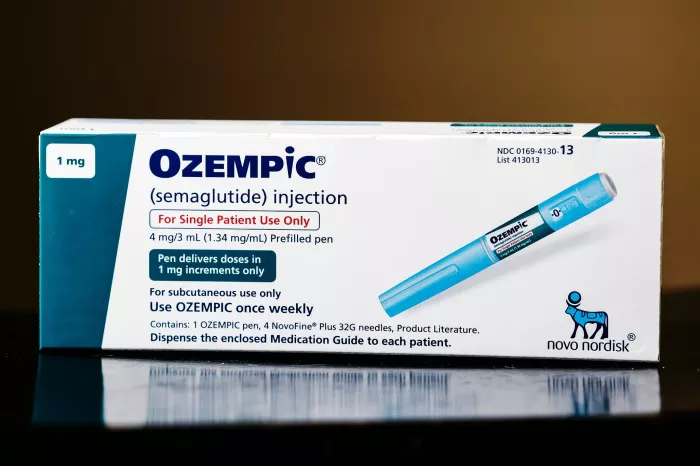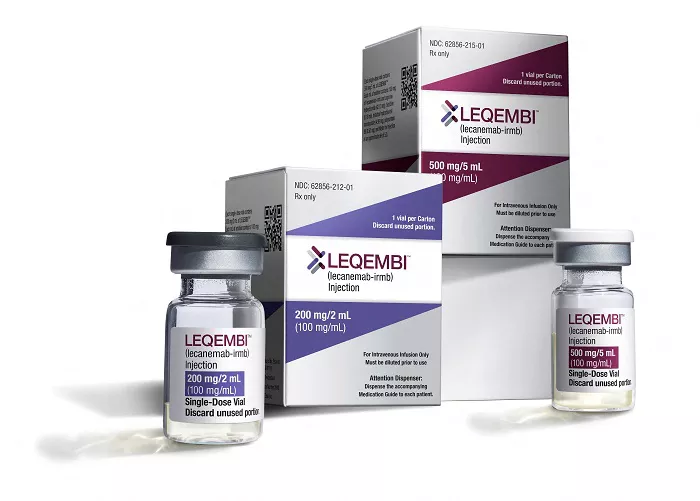In the realm of nutrition and health, the quest for weight management takes center stage for many individuals. While the prevailing notion often revolves around vitamins for overall health and well-being, a lesser-known inquiry arises: Are there vitamins to make you fat? In this comprehensive exploration, we unravel the complexities of vitamins and their potential role in weight gain, addressing the nuances of nutritional science, debunking myths, and providing insights into a balanced and informed approach to achieving a healthy weight.
Understanding the Basics: The Role of Vitamins in the Body
Vitamins are essential micronutrients that play a myriad of critical roles in maintaining the body’s health and function. From supporting immune function to aiding in energy metabolism, these compounds are indispensable for overall well-being. However, the idea of vitamins being directly linked to weight gain is a nuanced concept that requires careful consideration of various factors, including the type of vitamins, individual nutritional needs, and overall lifestyle.
While vitamins themselves do not inherently make you fat, certain aspects of their functions can influence metabolic processes and energy utilization in the body. It is essential to distinguish between the vitamins that contribute to overall health and those that may have indirect implications for weight management.
Vitamin D
Vitamin D, often referred to as the “sunshine vitamin,” plays a crucial role in calcium absorption, bone health, and immune function. Recent research has explored the potential association between vitamin D deficiency and obesity. Some studies suggest that individuals with lower levels of vitamin D may have a higher likelihood of being overweight or obese.
The relationship between vitamin D and weight is complex and not fully understood. It is essential to note that correlation does not imply causation, and additional research is needed to establish a definitive link between vitamin D and weight gain. While maintaining adequate vitamin D levels is vital for overall health, it should be approached as part of a holistic strategy that includes a balanced diet, physical activity, and sunlight exposure.
Vitamin B Complex
The B-vitamin complex, encompassing various members such as B1 (thiamine), B2 (riboflavin), B3 (niacin), B5 (pantothenic acid), B6 (pyridoxine), B7 (biotin), B9 (folate), and B12 (cobalamin), is renowned for its role in energy metabolism. These vitamins play key roles in converting food into energy and maintaining the health of the nervous system.
While B-vitamins are integral for energy production, they do not possess the capability to make you fat. In fact, B-vitamins are often included in weight management strategies due to their role in optimizing energy metabolism. Adequate intake of B-vitamins is essential for supporting overall health, but relying solely on these vitamins as a mechanism for weight gain is not a scientifically supported approach.
Vitamin A
Vitamin A, known for its crucial role in vision, also plays a part in regulating fat storage in the body. However, it’s important to understand that vitamin A does not directly make you fat. Instead, it influences the differentiation of preadipocytes (cells that can become fat cells) and modulates gene expression related to fat storage.
Excessive intake of vitamin A, either through supplements or certain animal-derived foods, can lead to toxicity and adverse health effects. Striking a balance with vitamin A intake through a diverse and balanced diet that includes fruits, vegetables, and lean proteins is key. The emphasis should be on achieving optimal health rather than using vitamin A as a means to intentionally gain weight.
Vitamin E
Vitamin E, celebrated for its antioxidant properties and contributions to skin health, has limited implications for weight gain. While vitamin E is vital for overall well-being, particularly in neutralizing free radicals that can damage cells, it is not a vitamin that promotes fat accumulation.
Incorporating vitamin E-rich foods such as nuts, seeds, and vegetable oils into a balanced diet contributes to overall health but does not serve as a mechanism for intentional weight gain. Like other vitamins, vitamin E is best approached as part of a holistic nutritional strategy that aligns with individual health goals.
Vitamin K
Vitamin K is essential for blood coagulation and bone health, but it is not a vitamin with the intent of making you fat. Vitamin K exists in two main forms: K1 (phylloquinone), found in leafy green vegetables, and K2 (menaquinone), found in fermented foods and animal products.
The role of vitamin K in bone health is well-established, as it contributes to the regulation of calcium in the bones. While vitamin K is indispensable for overall health, it does not possess attributes that contribute to weight gain. Maintaining an adequate intake of vitamin K through a varied and nutritious diet supports its essential functions without impacting body weight.
Vitamin C
Vitamin C, renowned for its immune-boosting properties and role in collagen formation, is not a vitamin intended for weight gain. While vitamin C is vital for overall health, excessive intake does not lead to fat accumulation. In fact, vitamin C is often included in weight management plans due to its potential role in supporting metabolism and reducing oxidative stress.
Optimal vitamin C levels are best achieved through a diverse diet rich in fruits and vegetables. Relying on vitamin C supplements as a method for intentional weight gain is not supported by scientific evidence and may lead to adverse health effects. The emphasis should be on maintaining a balanced intake of vitamin C as part of a comprehensive approach to health and wellness.
Calcium
Calcium, while technically a mineral, is often associated with vitamins in discussions of nutritional health. This essential mineral plays a key role in bone health, nerve function, and muscle contraction. Some research suggests that adequate calcium intake may have indirect implications for weight management.
Calcium is believed to play a role in regulating fat metabolism, and higher calcium intake has been associated with lower body weight and fat mass. However, the relationship between calcium and weight is complex and influenced by various factors, including overall diet and physical activity. Relying solely on calcium supplements for weight gain is not a recommended approach and may have adverse health effects.
Iron
Iron, a crucial component of hemoglobin responsible for transporting oxygen in the blood, has limited implications for intentional weight gain. While iron deficiency can lead to anemia and fatigue, adequate iron levels do not promote fat accumulation.
Balancing iron intake through a varied diet that includes both heme iron (found in animal products) and non-heme iron (found in plant-based foods) is essential for overall health. Excessive iron intake, particularly from supplements, can lead to toxicity and adverse health effects. The focus should be on maintaining optimal iron levels for overall well-being rather than using iron as a tool for intentional weight gain.
Zinc
Zinc, recognized for its role in immune function and wound healing, has minimal implications for intentional weight gain. While zinc is crucial for overall health, including its role in supporting metabolism, it does not possess attributes that lead to fat accumulation.
Maintaining an adequate intake of zinc through a balanced diet that includes meat, dairy, nuts, and legumes is essential. Excessive zinc intake, particularly from supplements, can lead to toxicity and adverse health effects. The emphasis should be on achieving optimal zinc levels as part of a comprehensive approach to health and wellness.
Navigating a Balanced Approach
The concept of using vitamins to make you fat oversimplifies the complex interplay of nutrients, metabolism, and overall health. Vitamins are essential for the proper functioning of the body, supporting a range of physiological processes. However, their role in intentional weight gain is limited, and relying solely on vitamins as a strategy for altering body composition is not scientifically sound.
Achieving a healthy weight involves a multifaceted approach that includes a balanced and varied diet, regular physical activity, adequate hydration, and sufficient sleep. A focus on overall well-being, rather than isolated nutrient intake, ensures a holistic and sustainable approach to weight management.
Individual nutritional needs vary, and personalized strategies that consider factors such as age, gender, activity level, and health status are crucial. Consulting with healthcare professionals, including registered dietitians or nutritionists, can provide personalized guidance tailored to individual needs and goals.
In summary, the pursuit of a healthy weight should be grounded in evidence-based practices that prioritize overall health and well-being. While vitamins play an essential role in supporting various bodily functions, the intentional use of vitamins to make you fat is a misconception that requires a nuanced understanding of nutrition, metabolism, and the complexities of the human body.
[inline_related_posts title=”You Might Be Interested In” title_align=”left” style=”list” number=”6″ align=”none” ids=”3990,3988,3954″ by=”categories” orderby=”rand” order=”DESC” hide_thumb=”no” thumb_right=”no” views=”no” date=”yes” grid_columns=”2″ post_type=”” tax=””]

































